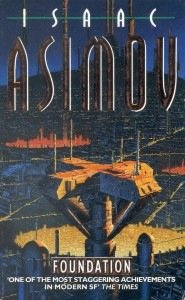In the first half of the 20th century, when India was struggling to achieve it’s independence, the nation was under going two revolutions.
The primary being a change in power, a struggle to overthrow the British Raj and to stand on it’s own feet. This was possibly the right time for reform as well, social norms such as sati and child marriage were being questioned. Female education was one such issue that was also being addressed. The country was undergoing a change, and a large socio-cultural change at that. Revolutionaries were there who foresaw a future where these harmful practices were no longer the norm.
I am not saying that all of this happened overnight, in fact I am sure that in some of the rural areas these practices are still being done. But the goal was achieved for most of the nation and mind-sets were transformed.
It has been over 50 years of independence for India now, and somehow I feel things have gone astray.
Where are the revolutionaries these days? If you are going to tell me that there is Anna Hazare, then I will reply that he is a politician and not a revolutionary. There are these hordes of NGOs who in the name of doing good demand charity from the citizens. Asking for charity is not the bad part, the bad part is that setting up a business processing unit to run this charity.
The interesting part is the only place where you will get to hear the word transformation is either in corporate board rooms, or in medical surgery units! When the revolutionaries of yore used to write, they used to put forth their manifestos … a call to action for the society. Nowadays the only call-to-action that I know of are gradient buttons on websites.
The revolutionaries are out there, busy writing blogs and tweeting about society.
It’s not as if we as a social collective have forgotten about reform, if you search on the internet you will find enough rants such as this … on blogs, on twitter, etc. The point is that after we have vented and ranted, we let it go and that’s that. The easy access to vent our frustrations ensures that we never reach the tipping point!


